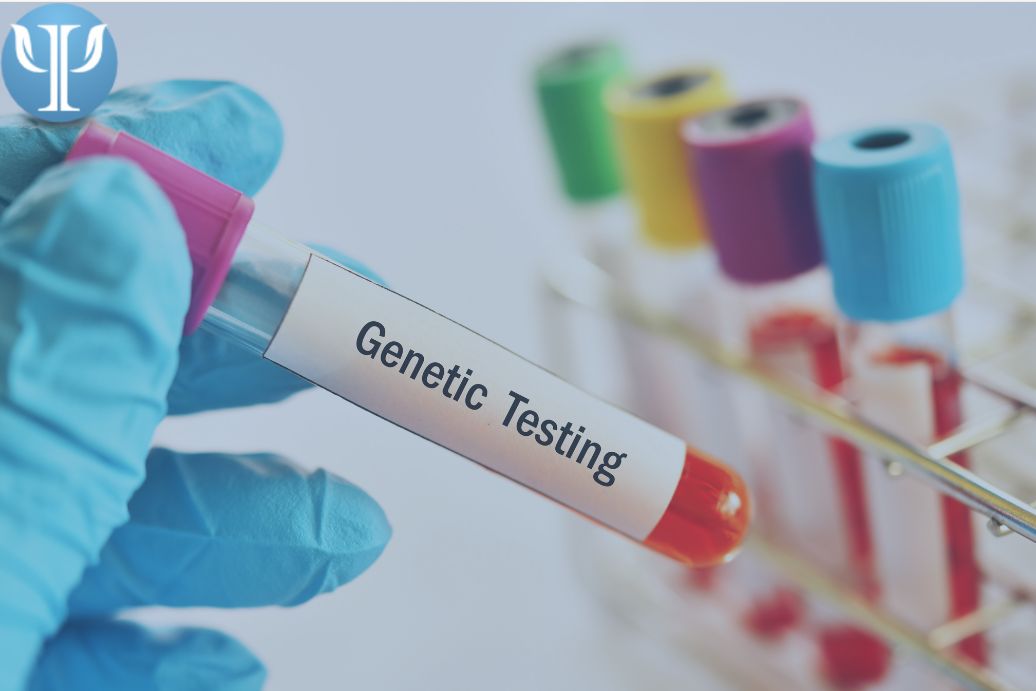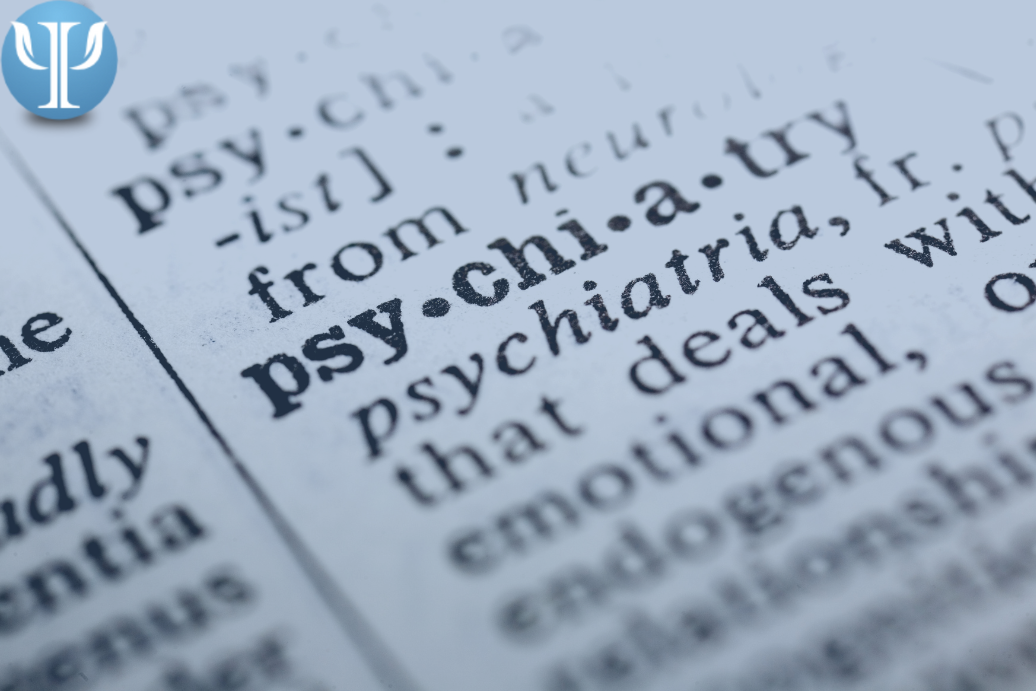When it comes to mental health treatment, everyone’s body processes medications differently. Each person’s unique genetic makeup influences how mental health medications are metabolized, impacting both the effectiveness and potential side effects of treatment options.
Traditionally, identifying the proper medication for an individual’s mental health treatment involved an extended trial-and-error period, requiring patients to try one medication at a time while analyzing the results. This approach often takes months or even years to discover the best medications for each individual. Additionally, this method can involve serious side effects as each medication’s effectiveness is evaluated.
Psychotropic Genetic Testing provides a different approach. This innovative testing method allows individuals to gather biological information for a more targeted approach to mental health treatment, using genetic data to discover which medications will most likely provide desired outcomes.
What is Psychotropic Genetic Testing?
Psychotropic Genetic Testing is a pharmacogenomic test that analyzes a person’s DNA to gather genetic information. By observing this genetic information, Psychotropic Genetic Testing can provide insight into how individuals’ bodies are likely to metabolize a medication based on specific enzymes created by the liver. The information can then be used to predict how an individual’s genes may affect their response to mental health medications, including:
- Antidepressants
- Antipsychotics
- Anxiolytics
- Mood stabilizers
- And more
What Are the Benefits of Genetic Testing for Psychotropic Medications?
With psychotropic genetic testing, you can gain valuable insight into your individual genetic makeup. For many people, this information opens the door to several benefits, including:
- Discovering the Right Medications More Quickly: Rather than experimenting with medications one by one, Psychotropic Genetic Testing allows healthcare professionals to identify medications that are more likely to provide desired results.
- Improved Medication Effectiveness: Psychotropic Genetic Testing provides information on how quickly the body metabolizes a drug, providing insight into adequate dosage amounts for each medication.
- Avoid Side Effects: By having a clearer understanding of how an individual’s genetic makeup, healthcare providers can identify potential side effects before prescribing a medication.
- Support for Ongoing Mental Health Care: The information gathered through psychotropic genetic testing can help spark constructive dialogue with mental healthcare providers.
- Personal Empowerment: By discovering more information about their body, individuals can get a clearer picture of how to take steps toward progress.
The Psychotropic Genetic Testing Process
The psychotropic genetic process is relatively simple. A cheek swab is used to collect a DNA sample, which is then sent to a specialized lab to analyze the results. The lab examines specific genes associated with how your body processes medications. Your doctor will interpret the results and discuss how certain medications might impact your genetic makeup.
Mental Health Support Tailored to Your Psychotropic Genetic Testing Results
At West End Consultation Group, we are here to support you throughout your mental health journey. While we don’t administer Psychotropic Genetic Testing, we can use the results from the testing process to provide tailored medication management services and therapy solutions based on your needs, including:
- Personalized Medication Management: We use your genetic information to tailor a medication treatment plan for your individual needs.
- Ongoing Support: Your progress is monitored and adjusted based on your response to medication treatment.
- Additional Mental Health Services: West End Consultation Group provides psychiatric services for mood disorders, anxiety disorders, adult ADHD, and more, providing multifaceted support for your mental health.
Contact Us to Learn More About Psychotropic Genetic Testing Solutions
If you’re interested in exploring how your Psychotropic Genetic Testing results can benefit your mental health, West End Consultation Group is here to help. Contact us today to discuss your individual needs and explore the potential benefits of this innovative approach to medication management. We’re here to help you take the next steps in your mental health journey.



















